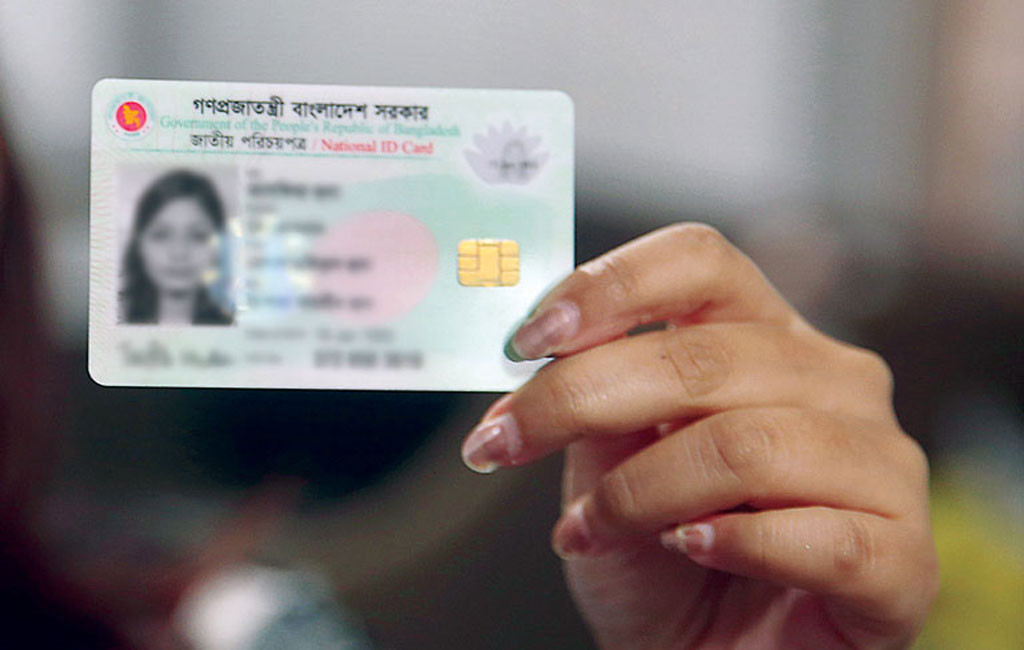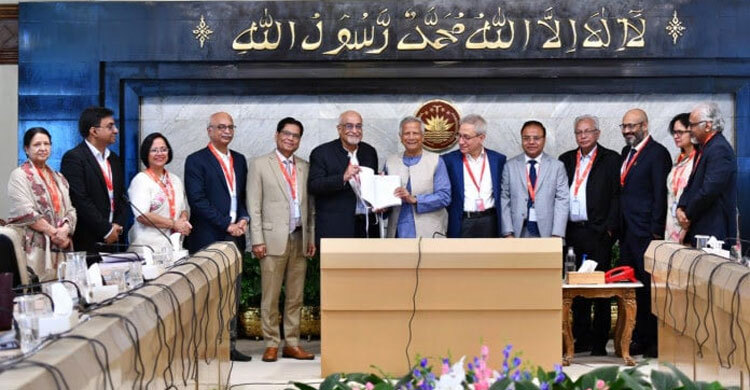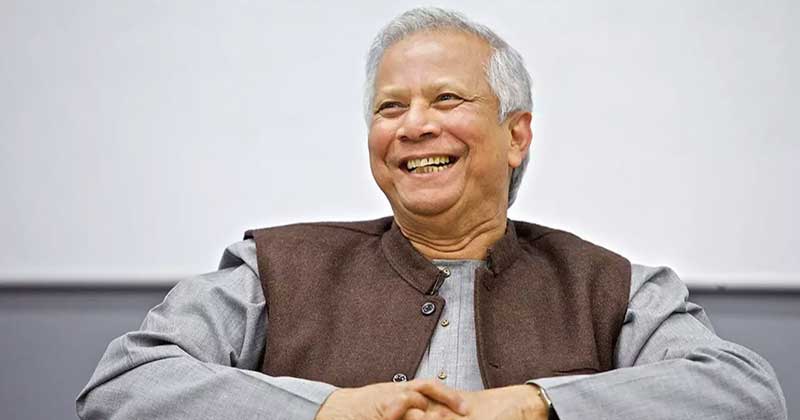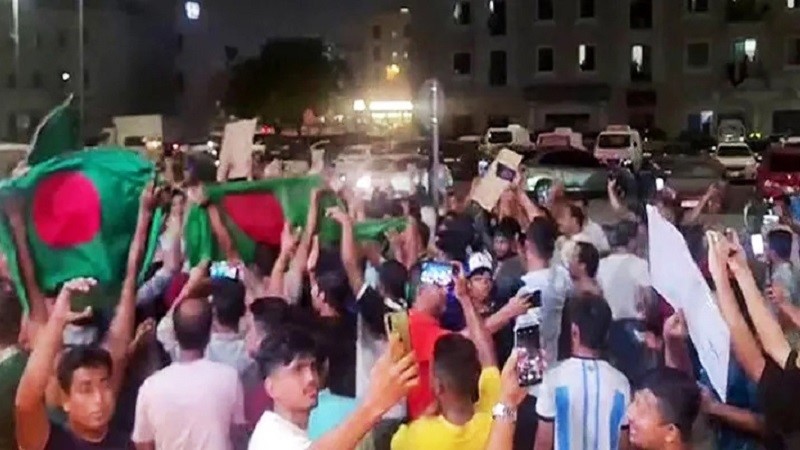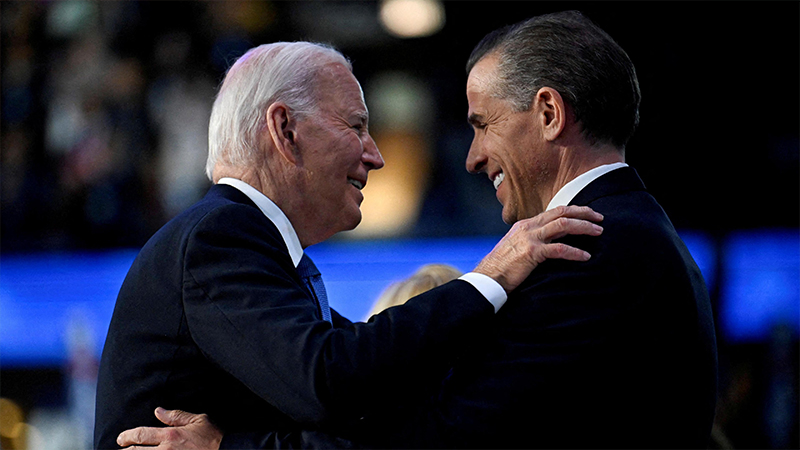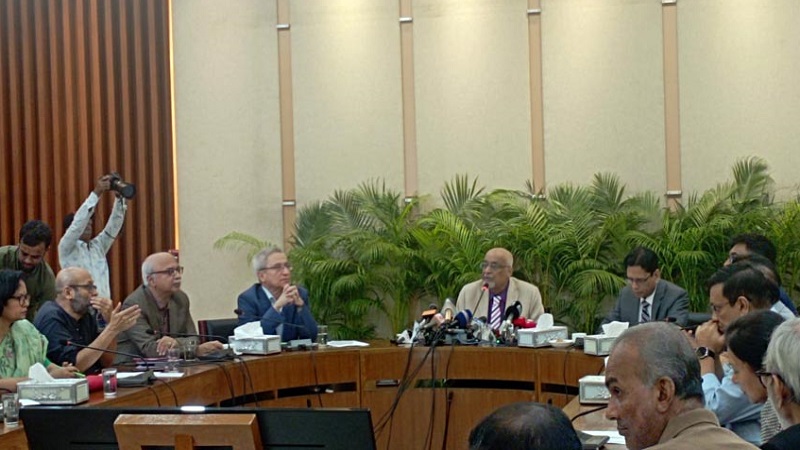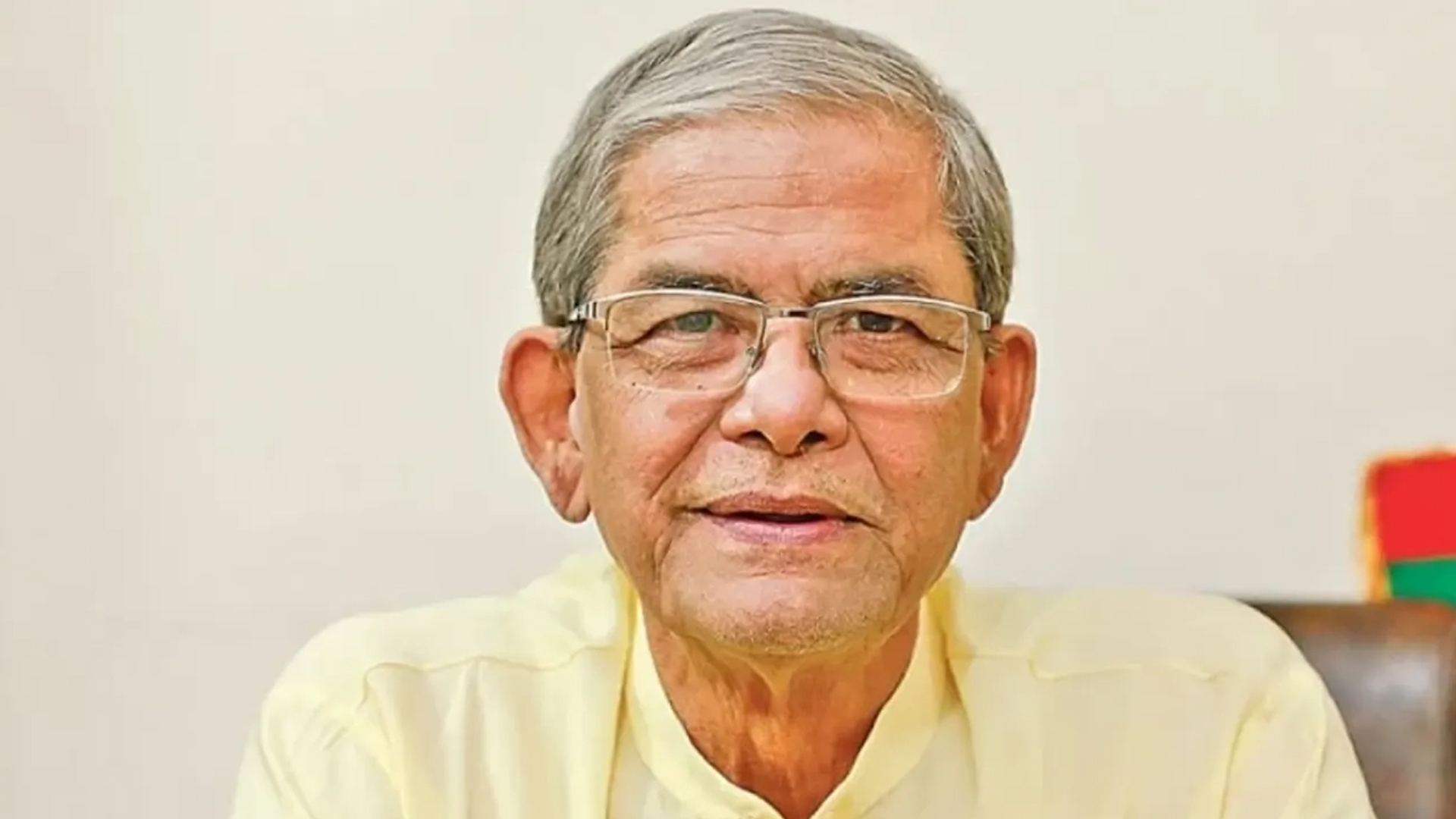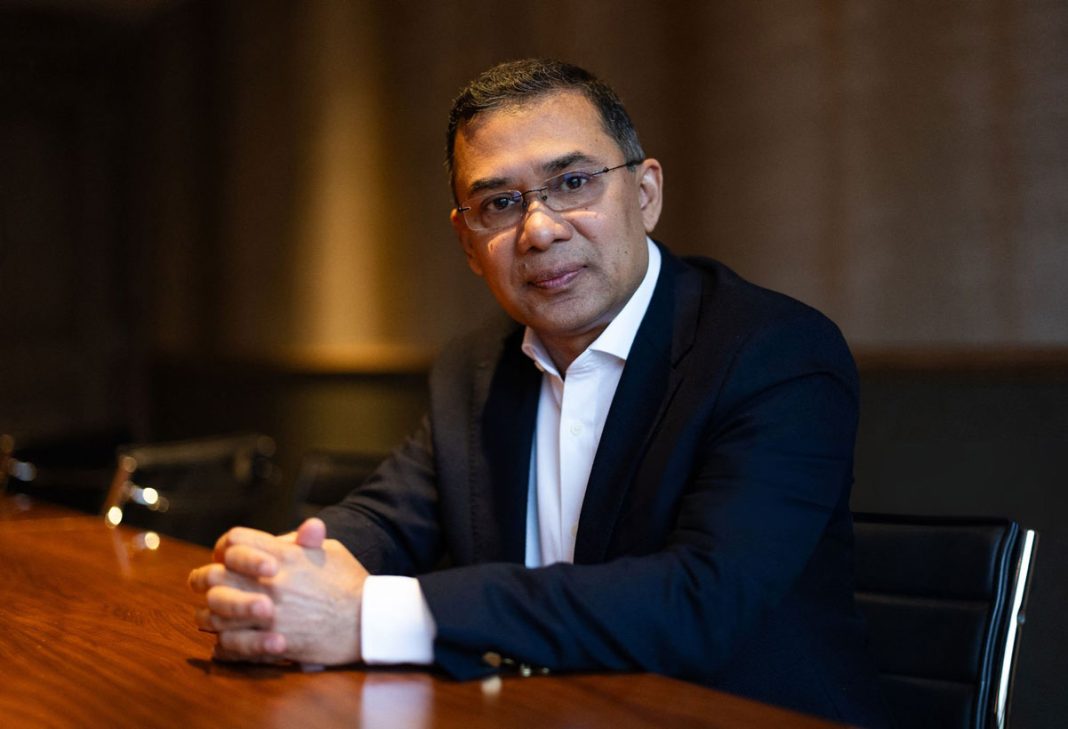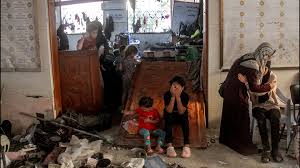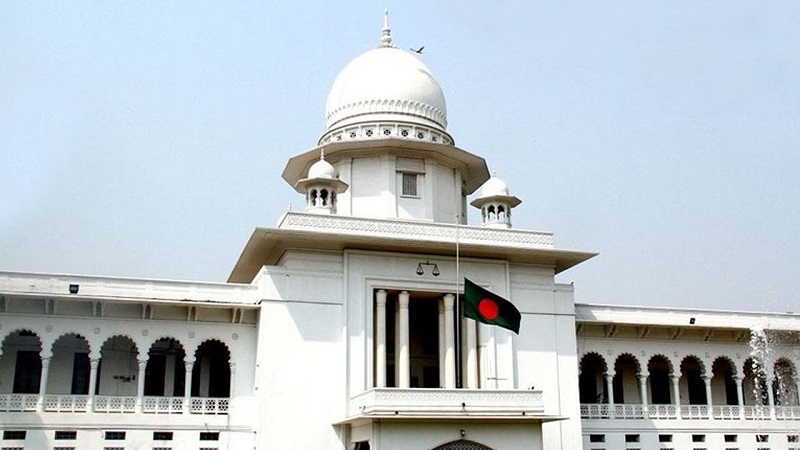The government is considering imposing fees for digital identity verification services in a bid to make the process self-sustaining.
The measure may increase the cost of government services that require identity verification, although specifics of how the fee will be imposed are yet to be decided.
Currently, Digicon Global Services Ltd provides identity verification services to government agencies free of cost. The company covers its expenses by charging private companies for the same services.
Digicon provides identity verification services through Real-time E-KYC and the identity management platform Porichoy, which is connected to the Election Commission’s national database. The Bangladesh Computer Council (BCC) owns Porichoy, including an app developed under the Bangladesh National Digital Architecture (BNDA) framework in collaboration with the ICT Division and Election Commission.
Sources said they had been making some money from private companies through their identity verification services, but the amount was not sufficient to meet all their expenses. As a result, the government had been subsidizing the identity verification process.
Imposing an identity verification fee would not only help make the verification process self-sustaining, but also help generate revenue for the government, the sources added.
“During the two years of the Covid-19 pandemic, the ICT Division alone took Tk15 crore worth of identity verification services from Digicon,” an official of the company said.
BCC sources said that Digicon had approached the government with the plan to earn revenue by charging fees from service takers.
According to the company’s proposal, the identity verification process will be governed by a public-private partnership, with Digicon and government agencies holding identity information, splitting the revenue from the verification fees.
Subsequently, the ICT Division tabled the plan before the Cabinet Division, which sent the proposal back and ordered that a feasibility study be undertaken. It also observed that the verification fee should not be more than Tk5-6.
Status of the proposal
When asked about the potential fee for identity verification services, ICT Division Senior Secretary NM Zeaul Alam said: “BCC is taking care of the whole thing. They will decide on the charges by consulting with government bodies and private organizations concerned.”
Tarique M Barkatullah, director (CA operation & security) and director (data centre) of BCC, said the fees would be deposited to an escrow account before being disbursed to the relevant agencies. The government portion will be deposited to the exchequer as non-tax revenue.
He said that the Election Commission owned NID data, BTRC owned SIM registration data, and the Office of the Registrar General of Birth and Death Registration owned birth-death registration data.
“The data owner will continue to be the data owner. Data will not be copied or transferred. The authentication system will just match it to ensure whether it was correct or incorrect. So there will be no risk of a data breach,” he said.
Face recognition, mobile verification, mobile to NID verification will be real time as well, he said.
BCC does routine system checks so that no data is transferred abroad or leaked by the company.
Asked when the fees might come into force, Tarique M Barkatullah said they had received the Cabinet Division’s recommendations and would redraft the proposal for resubmission.
“The Finance Division will determine what the users’ fees will be,” he added
“We will ask either the Infrastructure Investment Facilitation Company [IIFC] or the Bangladesh Institute of Development Studies [BIDS] for a feasibility study so that an impartial assessment can be done to fix the fees,” the official said.
"Verification will be done to prevent fraud and duplication. Service takers have nothing to do with this. Service providers may deny services and initiate lawful action against the fraudulent if there are data mismatches," Tarique further said.


